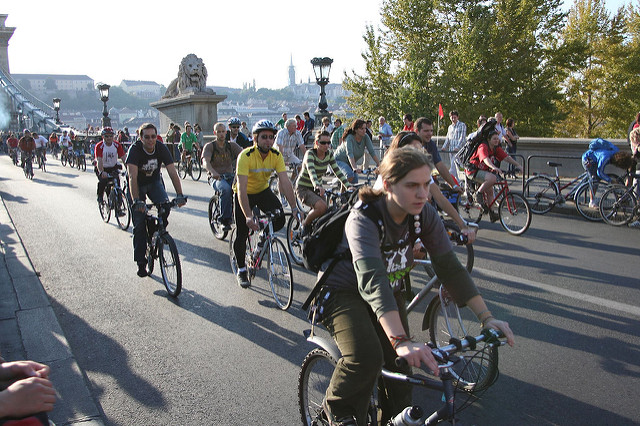On June 6th we will once more celebrate the Global Degrowth Day (GDD). On this day, like last year, we want to show that there are alternatives to the capitalist growth society and that a good life for all is possible! This time of multiple crisis can be overwhelming, but it is also a crucial moment to re-think how we live and how societies are organized. Degrowth is a powerful tool to examine the origins of the several crises we face. It is time to demand and build new roots for a new future, built around values of solidarity, justice, care, wellbeing and sufficiency. Despite coronavirus, there are Global Degrowth Day events planned around the world. See a full list here. Many of these Global Degrowth Day events will be livestreamed, but some will be live, face-to-face, with the appropriate measures for social distancing.

Technological pipe dreams and the fixation on perpetual growth have prevented effective climate policies for decades "Happiness does not pay pensions", said the Austrian chancellor Sebastian Kurz at the recent World Economic Forum in Davos. The statement aimed to criticize the idea of a “post-growth” or “degrowth” society, which has received increasing attention in light of the climate crisis....

Middle-Europe's prosperity as well as our high levels of mobility and consumption are based on three industrial revolutions whose technical progress has constantly been increasing labour productivity. The consequences are paradoxical: On one hand it is possible to produce ever more goods with the same amount of work. On the other hand these productivity increases are being used to make human la...

The wider degrowth-community is asked to participate in a short survey on sustainable mobility which should not take more than 10-15 minutes: The results will be used as a part of Justin Hyatt´s academic work at the Institute for Housing and Urban Development Studies (IHS), Erasmus University, Rotterdam (Netherlands). It is also intended to publish and widely disseminate a separate report. ...